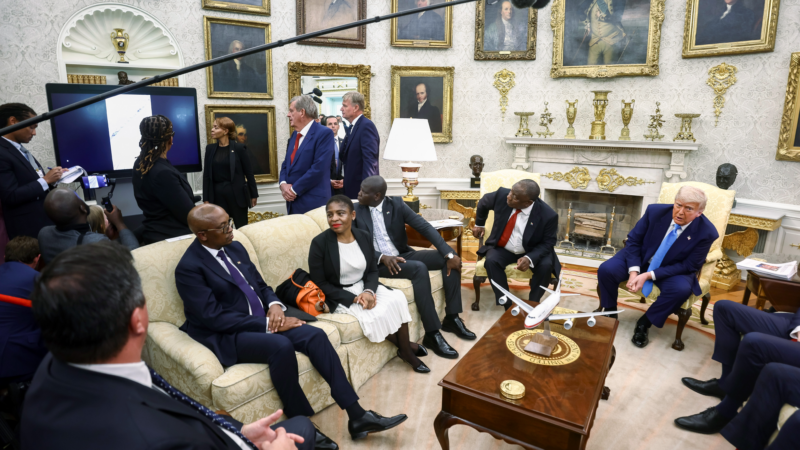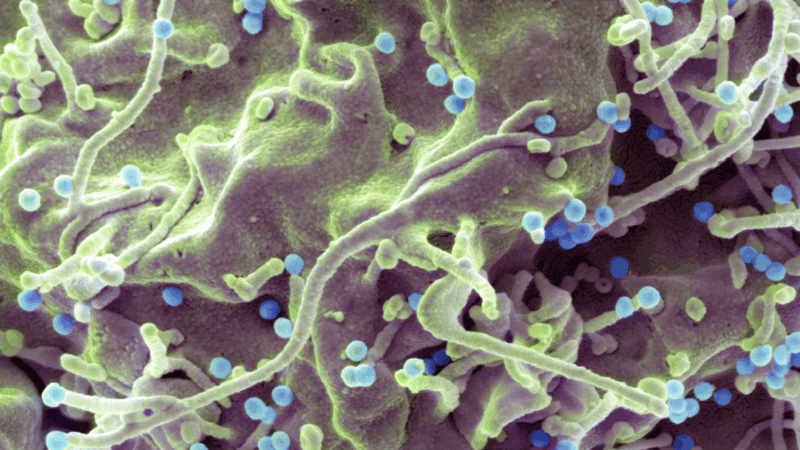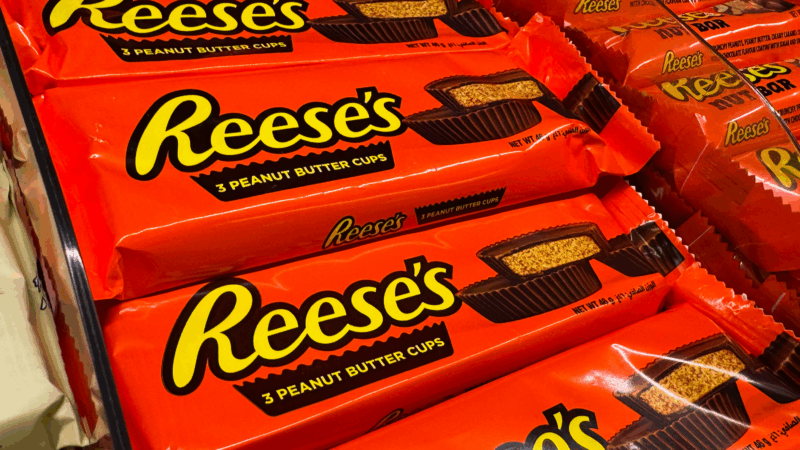Trump’s debunked ‘burial site’ video reopens ‘wounds,’ says victim’s son
JOHANNESBURG — President Trump claims a “genocide” of white people, particularly Afrikaner farmers, is taking place in South Africa.
When he met the country’s president, Cyril Ramaphosa, in the Oval Office on Wednesday, Trump played him a video — previously shared at least twice on social media by his advisor Elon Musk — that he said was evidence of this.
“Now this is very bad, those are burial sites right there. Burial sites. Over a thousand. Of white farmers,” Trump said, “I’ve never seen anything like it.”
The video showed a road lined on either side with scores of white crosses and a procession of cars carrying mourners paying their respects.
A startled Ramaphosa asked Trump where the location was, saying he’d never seen the video before. South Africa, replied Trump.
It was indeed a video taken in South Africa, in KwaZulu-Natal province.
But, it was not a burial site.
“My parents Glen and Vida Rafferty were murdered, or gunned down, by six men on their farm in 2020, so those crosses were erected as a memorial on the day of their funeral,” Nathan Rafferty told NPR.
Rafferty, a white South African who now lives in Brisbane, Australia, explained the “local community used it as a means of protest and to pay tribute.”
Contrary to Trump’s claims, no bodies were ever buried along that road and the white crosses don’t mark graves.
Asked on Thursday if the president got it wrong, White House press secretary Karoline Leavitt gave this explanation.
“What’s unsubstantiated about the video? The video shows crosses that represent the dead bodies of people who were racially persecuted by their government,” she said.
The crosses didn’t represent a specific number of farm murder victims, they were a symbolic tribute to the murdered couple.
During the meeting, Trump also held up a printout of a blog post showing a photo taken by Reuters , from the Democratic Republic of the Congo, mistakenly claiming it was taken in South Africa.
Rafferty said he was shocked when he saw the video shown in the Oval Office meeting.
“The last thing you expect to see are some of the most traumatic parts of your life shown on international TV. So it was totally unexpected,” he said.
“It obviously opened several new wounds.”
The assailants had been planning to rob his parents, according to news reports at the time. Though they had aimed to get into the safe, in the end, they only stole a car and a few items of little value.
While many murders in South Africa remain unsolved, three of the Rafferty’s murderers were tried and two of them were sentenced to life imprisonment.
NPR asked Rafferty what he thought about the white “genocide” suggestion from the Trump administration.
“Do I think that there’s a targeted genocide program of some sort?” he said. “No I don’t.”
However, Rafferty said he thinks much more needs to be done to prevent and condemn what are sometimes brutal attacks.
“I never went farming because I was fearful of the tinderbox that it is, despite having four generations of farmers in my family,” he added.
South Africa’s government doesn’t deny the country suffers some of the highest crime rates in the world. Members of Ramaphosa’s delegation to Washington were frank about this being a huge problem.
On Friday, South Africa released its quarterly crime statistics. These are not usually broken down by race, but given Trump’s attacks, police said they were making an exception.
From January to March 2025, six people were killed on farms in South Africa, police said.
Out of those six, one was white.
“The history of farm murders in the country has always been distorted and reported in an unbalanced way; the truth is that farm murders have always included African people in more numbers,” said Police Minister Senzo Mchunu, referring to Black Africans.
Mchunu also spoke about the Rafferty case, during which the couple “were sadly murdered by criminals in their home.”
“The incident sparked a very strong protest by the farming community in the area. The crosses symbolized killings on farms over years, they are not graves,” Mchunu said.
“And it was unfortunate that those facts got twisted to fit a false narrative about crime in South Africa.”
A new one-a-day-pill holds promise for HIV’s ‘forgotten population’
It's designed to take the place of complicated, multiple drug regimens that many people with HIV need to follow. And it's also beneficial because the HIV virus is always evolving.
For filmmaker Chloé Zhao, creative life was never linear
Director Chloé Zhao used meditation, somatic exercises and dance to inspire the cast and crew of this Oscar-nominated story about William Shakespeare's family.
10 new books in March offer mental vacations
March is always a big one for books – this year is no different. We call out a handful of upcoming titles for readers to put on their radars — offering a good alternative to doomscrolling.
Sen. Chris Coons, D-Del., talks about the war with Iran and upcoming war powers vote
NPR's A Martínez asks Delaware Democrat Chris Coons, a member of the Senate Foreign Affairs Committee, about the war with Iran.
The candy heir vs. chocolate skimpflation
The grandson of the Reese's Peanut Butter Cups creator has launched a campaign against The Hershey Company, which owns the Reese's brand. He wants them to stop skimping on ingredients.
Scientists make a pocket-sized AI brain with help from monkey neurons
A new study suggests AI systems could be a lot more efficient. Researchers were able to shrink an AI vision model to 1/1000th of its original size.







